
Everything you need to know, all in one place
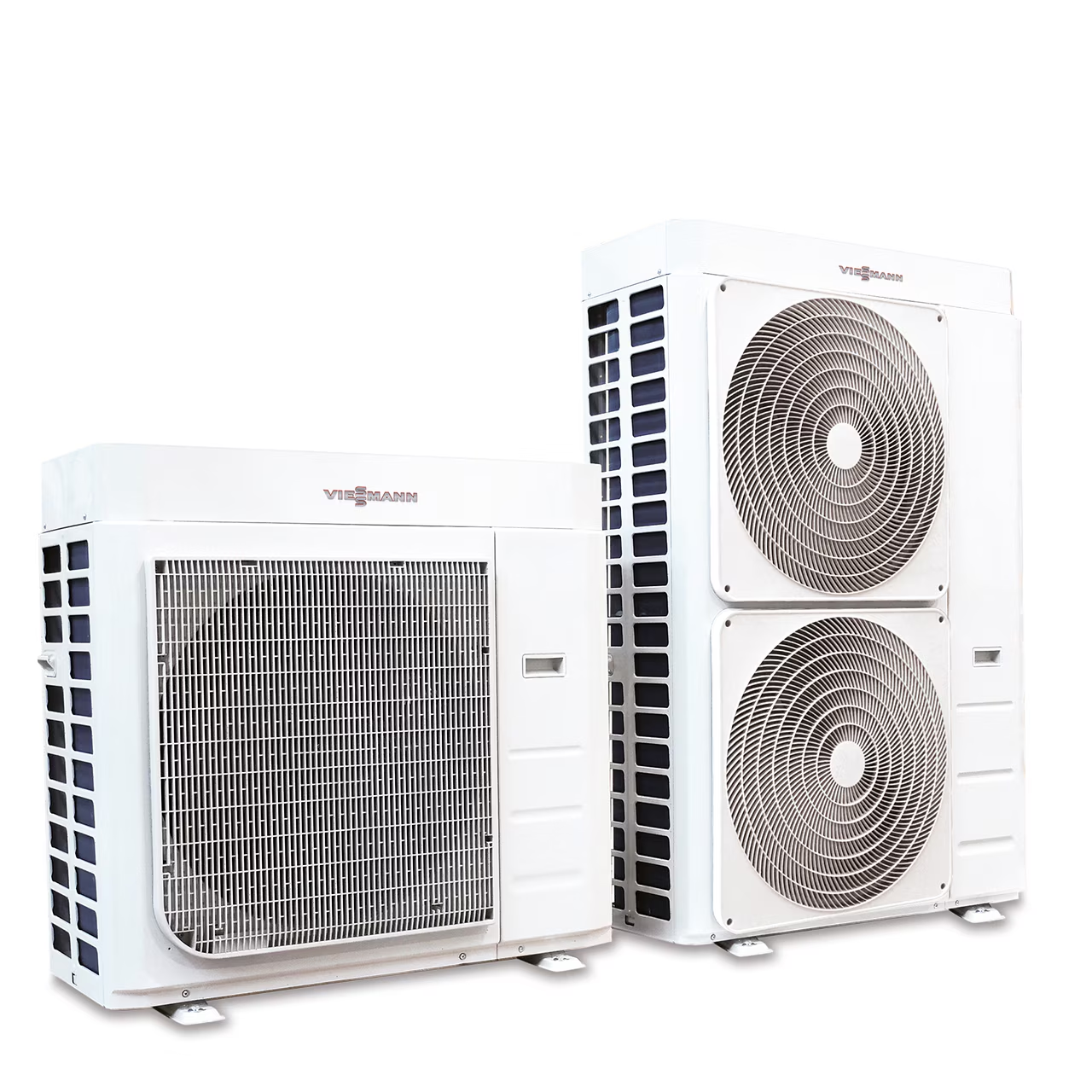
£7500 government grant Now available!
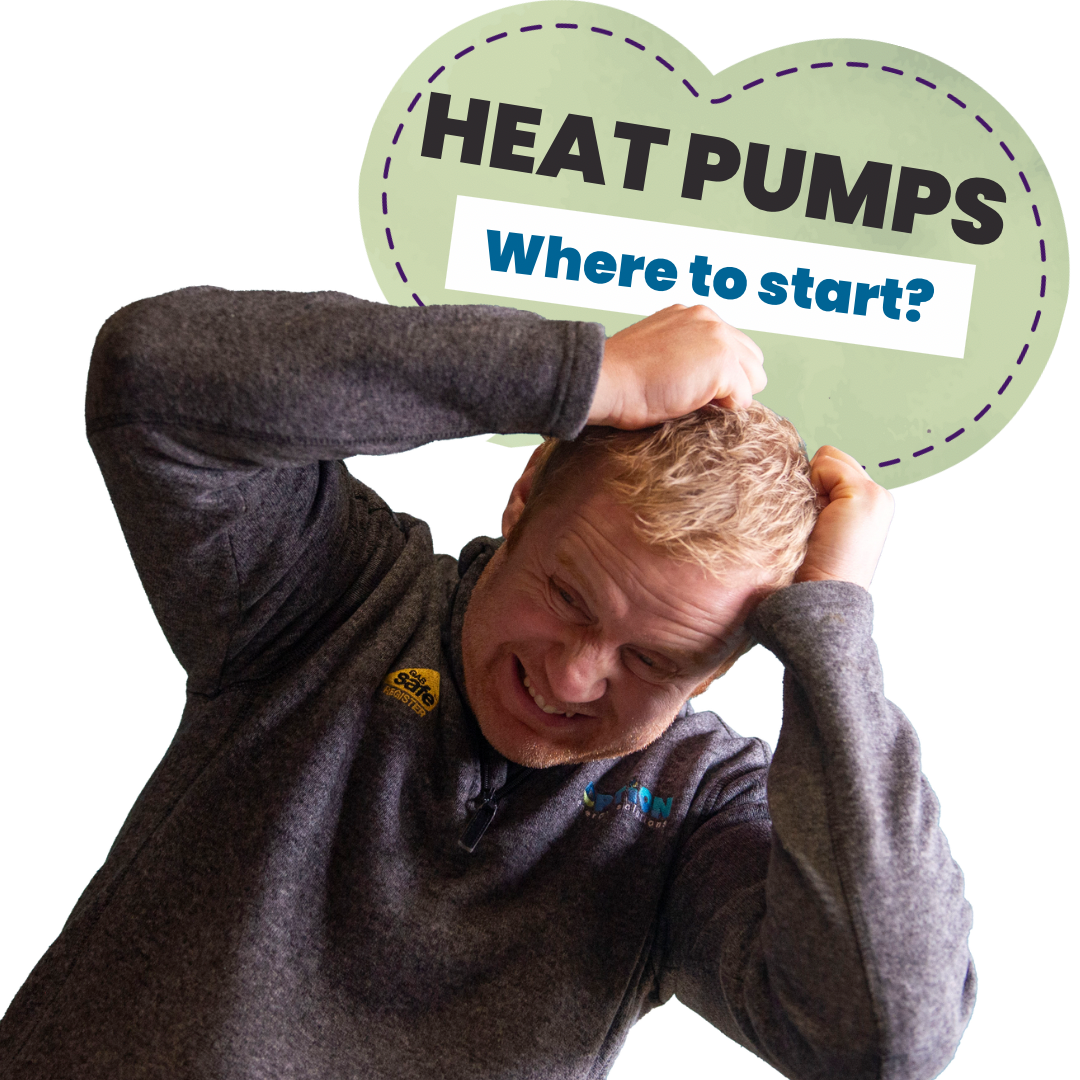
The Boiler Upgrade Scheme (BUS) is a great opportunity for homeowners and small businesses in the UK to reduce the upfront cost of installing eco-friendly heating systems. This government initiative offers £7,500 grants for air source heat pumps, making it easier to switch to low-carbon options.
To take advantage of the scheme, all you need to do is work with an MCS-certified installer. They’ll apply for the grant on your behalf, so the savings are applied directly to your installation costs. The scheme is open to all homeowners and small to medium sized commercial property owners in England and Wales and has been extended to run until 2028.
This initiative is designed to help you reduce your energy bills and your carbon footprint, making your property more sustainable in the long run.
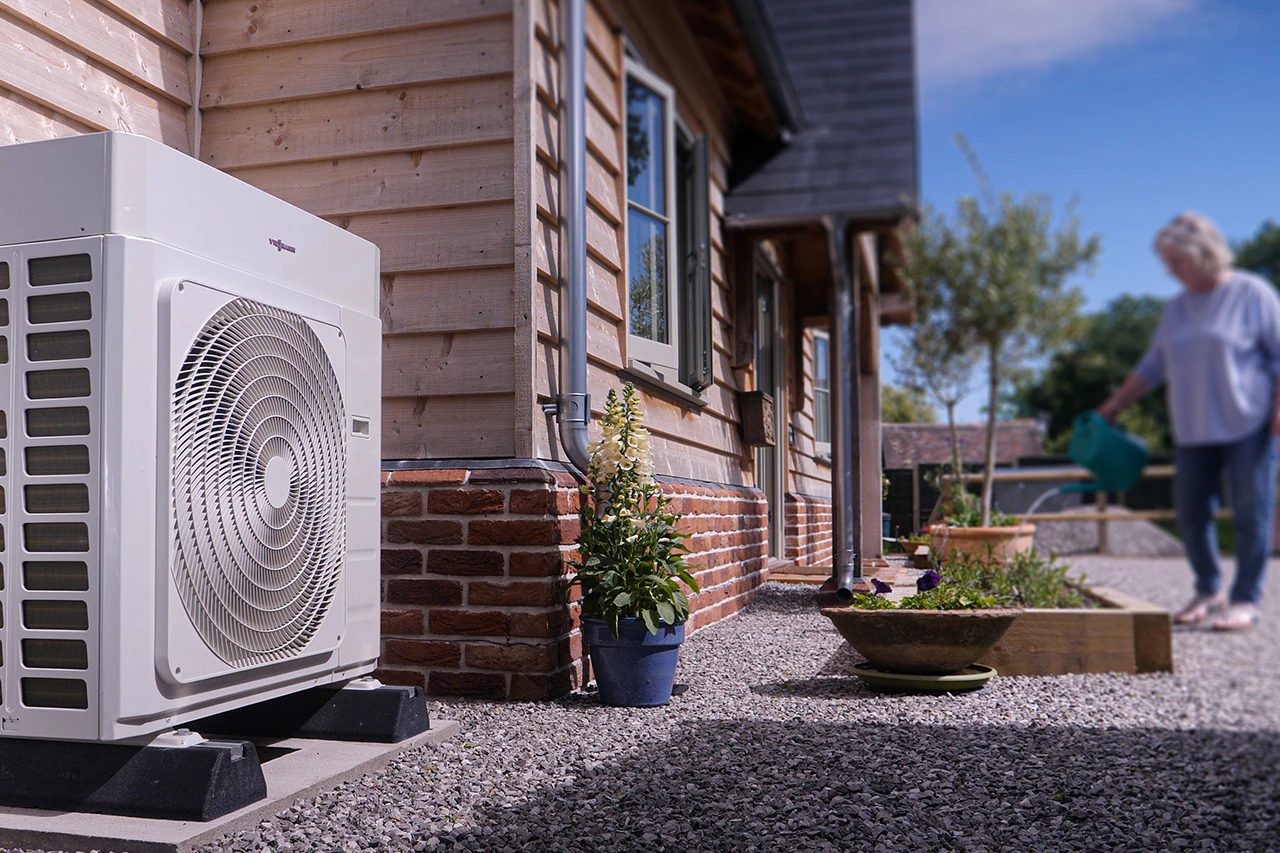
£7500 government grant Now available!
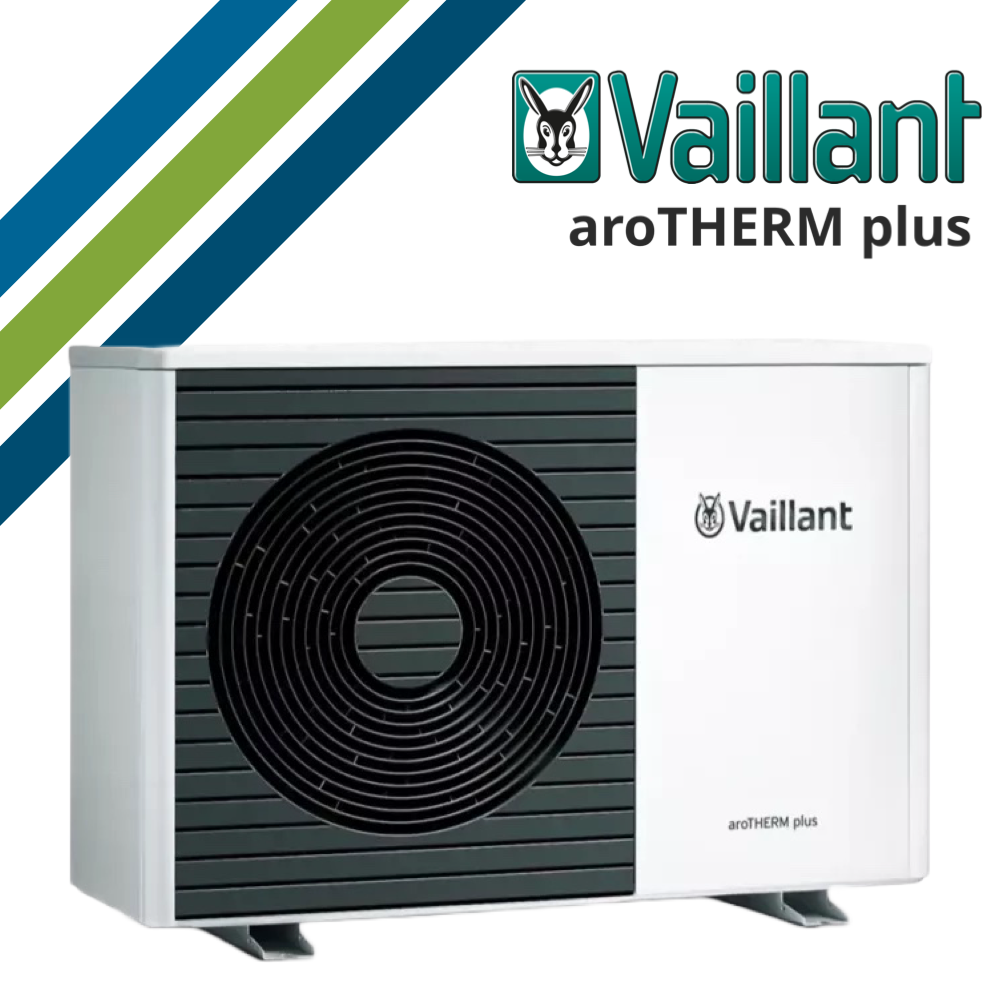
Vaillant make a fantastic and extremely versatile unit with the same heating controls that the UK is familiar with from their boiler range.
We have many of these units out there performing brilliantly.

Viessmann are the pinnacle in German engineering and our heat pump manufacturer partner.
We are confident to say that you cannot get better than a Viessmann heat pump installation.
“I have over 20 years experience in the heating industry and over 10 years as director and lead heating engineer for Option. I’m immensely proud of the work that we do from both a sustainability and technical perspective. If you are looking for a more efficient and sustainable way to heat your home, not only would I love to help you with that, but I genuinely think you deserve a lot of credit. I want to work for people like you, and will strive for me and my team to deliver you the best service possible.”

The cost of running a heat pump depends on a few things, like the design of your heating system, the size and insulation values of your home, your electricity rates and control strategy.
In general, running costs of Air Source Heat Pumps (ASHPs) are comparable with running costs of a gas boiler, but a good design and a control strategy, particularly one that leverages cheap electricity tariffs and/or home batteries can provide massive savings.
The running costs are also influenced by the coefficient of performance (COP), which measures how efficiently your heat pump converts electricity into heat. In general, a combination of good property insulation and low temperature design will deliver a more efficient system leading to energy savings.
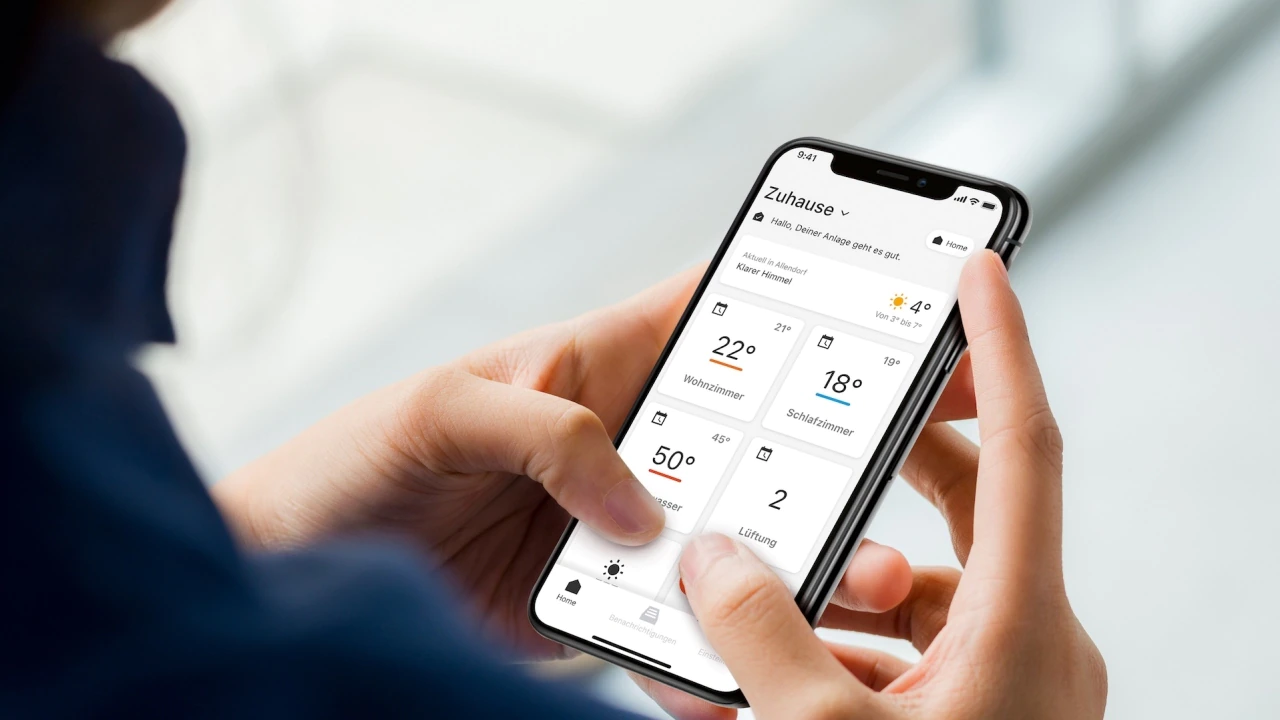
£7500 government grant Now available!
All the big Heat Pump questions answered below
The Boiler Upgrade Scheme (BUS) is a great opportunity for homeowners and small businesses in the UK to reduce the upfront cost of installing eco-friendly heating systems. This government initiative offers £7,500 grants for air source and ground source heat pumps, making it easier to switch to low-carbon options. There’s also a £5,000 grant available for biomass boilers.
To take advantage of the scheme, all you need to do is work with an MCS-certified installer. They’ll apply for the grant on your behalf, so the savings are applied directly to your installation costs. The scheme is open to homeowners and small property owners in England and Wales and has been extended to run until 2028.
This initiative is designed to help you reduce your energy bills and your carbon footprint, making your home more sustainable in the long run.
Applying for the Boiler Upgrade Scheme (BUS) is a straightforward process, and we’ll guide you through it step by step:
Find an MCS-Certified Installer: First off, you’ll need to choose an installer who’s registered with the Microgeneration Certification Scheme (MCS). Don’t worry, they’ll handle the paperwork!
Get a Quote: Your installer will come round, assess your property, and provide a quote for installing your new heat pump or biomass boiler. They’ll also check if you qualify for the grant.
Installer Applies for You: Once you’re happy with everything, the installer submits the grant application on your behalf through Ofgem. You don’t have to fill out any forms yourself.
Grant Applied to Your Costs: If approved, the £7,500 grant is deducted from the overall cost, so you pay less upfront.
Confirmation: Ofgem will get in touch with you to confirm you’re ready to proceed. Once everything’s confirmed, the installer gets started on your new eco-friendly heating system.
It’s a hassle-free process, making it easier and more affordable for you to switch to low-carbon heating.
The Boiler Upgrade Scheme covers systems up to 45 kW, and this will heat most small to medium size commercial properties.
Air Source Heat Pumps (ASHPs) are a great energy-saving solution for your home. They pull heat from the outside air, even in cold weather, and bring it indoors to keep your space warm and cosy. They work efficiently in temperatures as low as -15°C, making them ideal for the UK's chilly winters.
One of the big advantages of ASHPs is their efficiency. For every unit of electricity they use, they can generate up to three or four times that amount in heat. So not only will you stay warm, but you’ll also see savings on your energy bills.
To get the most out of an ASHP, it’s important that it’s installed correctly and that your home is well insulated. This ensures the system runs at its best, keeping you comfortable all year round.
The cost of running a heat pump depends on a few things, like the type of system, the size of your home, and local electricity rates. In general, Air Source Heat Pumps (ASHPs) are cheaper to install but might cost a little more to run than Ground Source Heat Pumps (GSHPs), especially when it’s really cold, as ASHPs have to work harder.
On average, you can expect an ASHP to cost between £500 to £1,000 per year to run, while a GSHP may cost between £400 to £700 per year, thanks to their higher efficiency. That said, both options can lead to big savings on your energy bills compared to traditional gas or oil heating, particularly if your home is well insulated.
The running costs are also influenced by the coefficient of performance (COP), which measures how efficiently your heat pump converts electricity into heat. The better the insulation and the more efficient the system, the more you’ll save in the long run.
When it comes to heat pumps, the main difference between Air Source Heat Pumps (ASHP) and Ground Source Heat Pumps (GSHP) is where they draw their heat from.
Air Source Heat Pumps grab heat from the air outside—even when it’s chilly—and use it to warm your home and water. They’re generally easier and cheaper to install, making them a popular choice. However, they can be a bit less efficient during those freezing winter days.
Ground Source Heat Pumps, on the other hand, pull heat from the ground through pipes buried underground. These systems are more efficient, especially in colder weather, but they need more space and can cost a bit more to install due to the digging involved.
Both are eco-friendly alternatives to traditional heating, helping you reduce your carbon footprint while keeping your home toasty.
When it comes to heating your home, there are some key differences between Air Source Heat Pumps (ASHPs) and traditional boilers.
Heat Generation: An ASHP pulls heat from the air outside—even when it’s cold—and transfers it into your home. Boilers, whether gas or oil, burn fuel to produce heat directly.
Efficiency: ASHPs are more efficient, often producing 3-4 units of heat for every unit of electricity used. Boilers, especially older ones, aren’t as efficient, converting less fuel into heat.
Running Costs: With proper insulation, ASHPs tend to be cheaper to run, whereas boilers come with higher fuel costs, depending on gas or oil prices.
Environmental Impact: ASHPs are the greener option, especially when powered by renewable energy, as they significantly reduce carbon emissions. Boilers, on the other hand, emit more CO₂, particularly those running on fossil fuels.
In short, ASHPs are a more eco-friendly and cost-effective choice in the long run, though they have higher upfront installation costs. Boilers are cheaper to install but will cost more to run over time, and they aren’t as environmentally friendly.
When choosing a heat pump, the key difference between air-to-water and air-to-air heat pumps is how they warm your home.
Air-to-Water Heat Pumps: These systems take heat from the air outside and transfer it into water, which is then used to heat your home through radiators or underfloor heating. They also provide hot water for your taps. If you already have a water-based central heating system, this is a great option. Plus, they work well in colder weather with the right insulation.
Air-to-Air Heat Pumps: Instead of using water, these units transfer heat directly from the outside air into warm air inside your home. They are ideal for homes without radiators and typically distribute heat through fans or ducts. As a bonus, they can also cool your home in the summer by reversing the process.
Efficiency and Cost: Both options are energy efficient. Air-to-water systems are more versatile since they handle both heating and hot water, while air-to-air systems are simpler and cheaper to install but only provide heating (or cooling in summer).
In short, if you need both heating and hot water, an air-to-water system is your best bet. For straightforward heating or cooling, an air-to-air system is a good, cost-effective choice.
Heat pumps, especially Air Source Heat Pumps (ASHPs), do create some noise, mainly from the external unit where the fan and compressor are located. On average, the noise is around 40 to 60 decibels—similar to the sound of a modern fridge or light rain. The exact noise level depends on the model, how it’s installed, and where it's placed.
While you may notice it when standing close to the unit, modern ASHPs are designed to be quieter. Many are installed away from bedrooms or living areas to minimise any disturbance. On the other hand, Ground Source Heat Pumps (GSHPs) are generally much quieter because most of the equipment is underground or indoors.
To reduce any potential noise, it's important to ensure the heat pump is installed in the right spot—away from windows or sensitive areas. Plus, all heat pumps must meet noise regulations, so you won’t have to worry about them being a nuisance in residential areas.
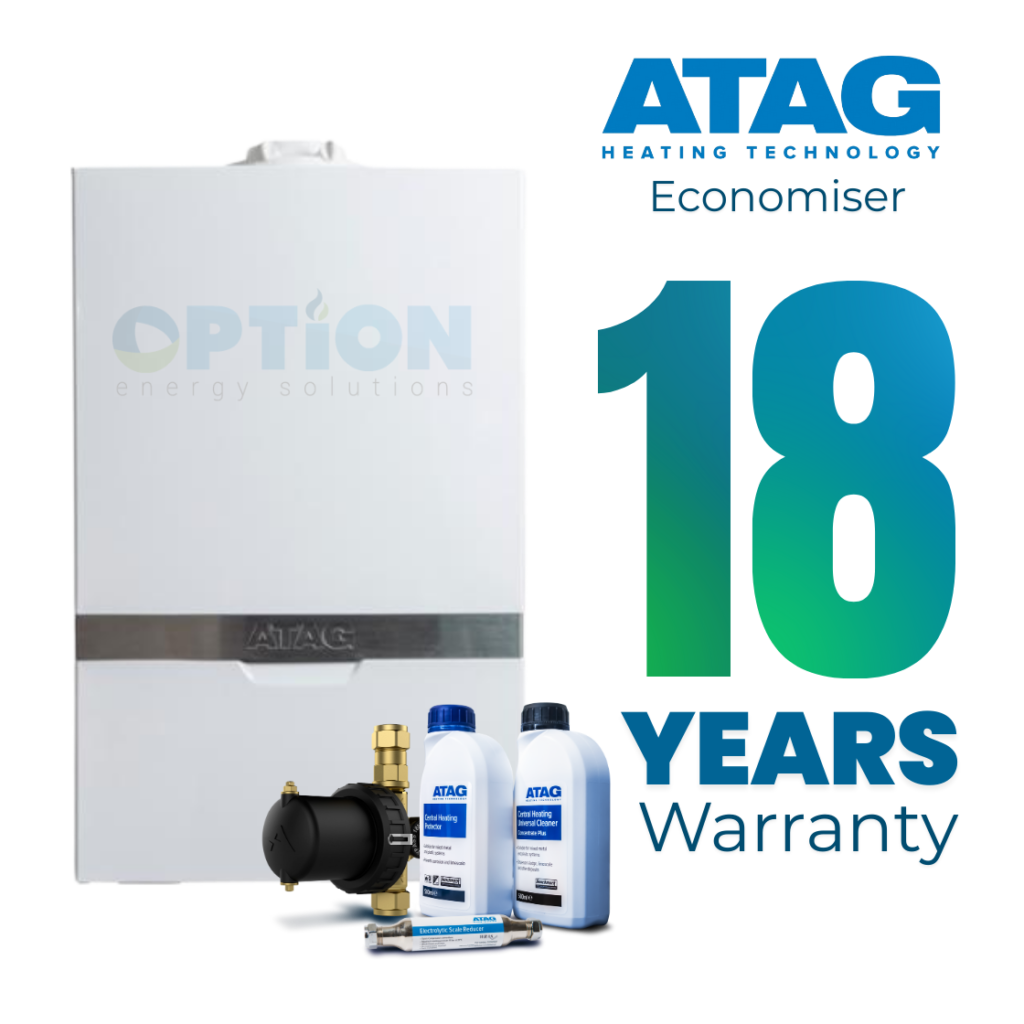
The revolutionary iC Economiser Plus boiler has been described as the combi of the future, featuring industry-leading innovation and an 18-year warranty!
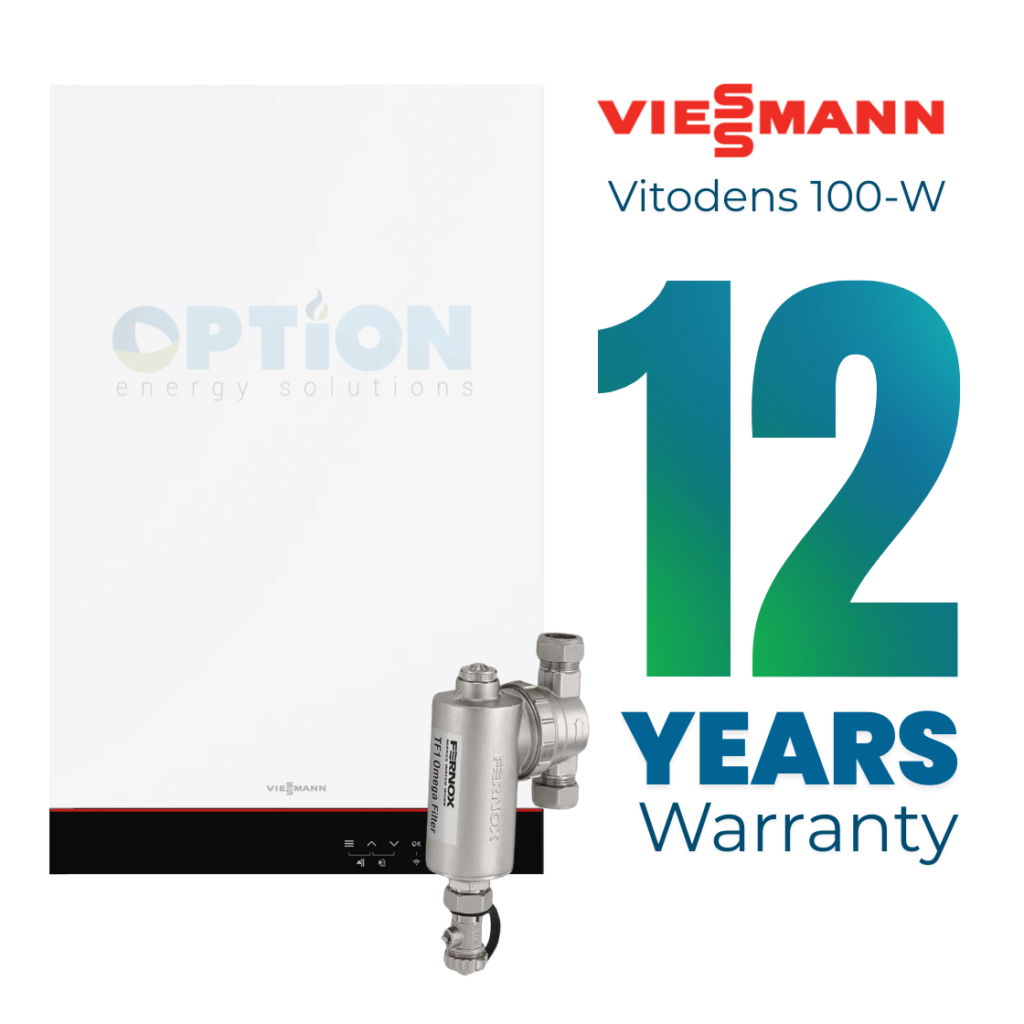
Wall mounted gas condensing boilers (system boiler and combi boiler). The popular solution for medium sized homes with 2-4 bedrooms and 2 bathrooms.
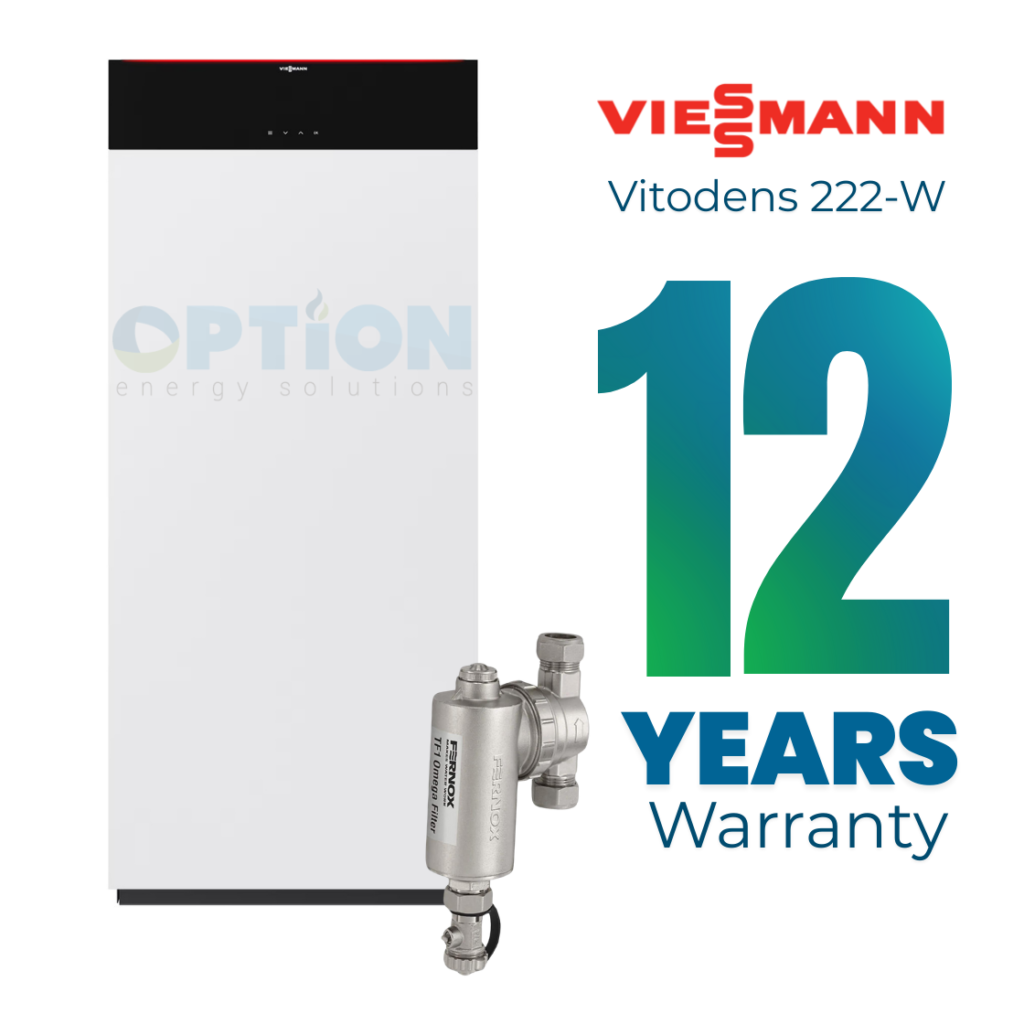
A gas condensing storage combi boiler with integral enamelled loading cylinder or DHW cylinder and a rated heating output 1.9 to 32 kW.
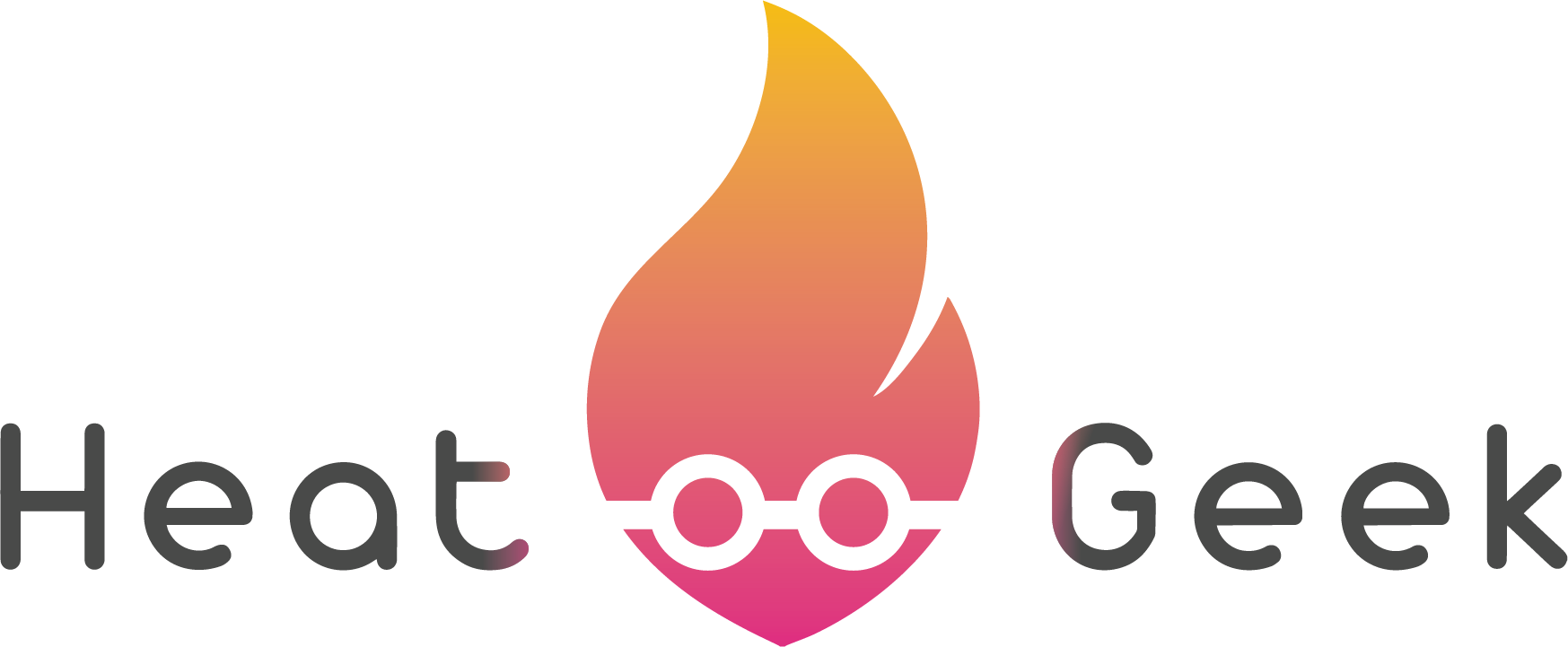


Time for change?
Heat pumps are the perfect alternative to electric, liquid petroleum gas (LPG) and oil heating systems. Fuel costs for heat pumps are considerably cheaper than the aforementioned options, and can be marginally cheaper than natural gas. Add this to the fact that a heat pump can use your own solar electrical energy, and this amounts to a more energy secure future for your home.
The installation cost can be offset by the Boiler Upgrade Scheme, a government grant which pays £5000 (for air source heat pumps) direct to your installation company on your behalf for deduction from your final payment. Eligibility criteria applies.
There are 2 initial considerations for you to bear in mind before having a heat pump installed;
Insulation
Always take a fabric first approach where possible. If you don’t have cavity wall, or loft insulation, you should get this done ideally before a heat pump installation.
The heat pump grant is not available to properties where the above measures are recommended on the EPC. If you have soild walls, then the situation is slightly different. As a rule, consider the prospect of insulation first and foremost.
We would recommend to have a minimum of loft insulation, double glazed windows and cavity wall insulation or similar, but we have successfully installed to properties with some single glazing, or no wall insulation. It just make the running costs a little higher.
Existing Heating Emitters
Heating emitters are generally radiators or underfloor heating. If you have no existing emitters and are having a new system installed, then this is a mute point, as we can install the appropriately sized emitters.
If you are having a heat pump installed to an existing system that was previously used for a fossil fuel boiler system, then you may need to allow for partial or full upgrades throughout.
Heat pumps operate at much cooler water temperatures, around 30-50c, compared to a traditional boiler which operates at around 60-80c. Underfloor heating is designed to work at 50c or less, which means it is perfect for a heat pump, but radiators are traditionally sized to operate at hotter temperatures, which means they could need upgrading to larger radiators.
One caveat to this, is if you upgraded the insulation after the radiators were installed, then you may get a handy side effect of making the radiator oversized, and now suitable to run at lower temperatures.
Just be aware that a heat pump isn’t just plug and play. There are important design considerations to ensure it heats your property well, and property size has a big impact. This means that costs vary significantly from project to project, broadly ranging from £10,000 to £25,000, less the BUS grant of £5000 if eligible.
The best way to get an approximation, is to talk to us by registering your interest on the contact form above. We’ll call you back for a short conversation, give you a ball park figure, and the ball is then entirely in your court.
If an air source heat pump installation is feasible for you, we would love to come on board and deliver your project.
We carry out
Contact us today and get the ball rolling on your heat pump installation
Join the green revolution in style and comfort, with an air source heat pump installed by Option Energy Solutions
It all starts with a conversation. To enquire about a heat pump installation please fill in our enquiry form via the button below and we’ll get in touch
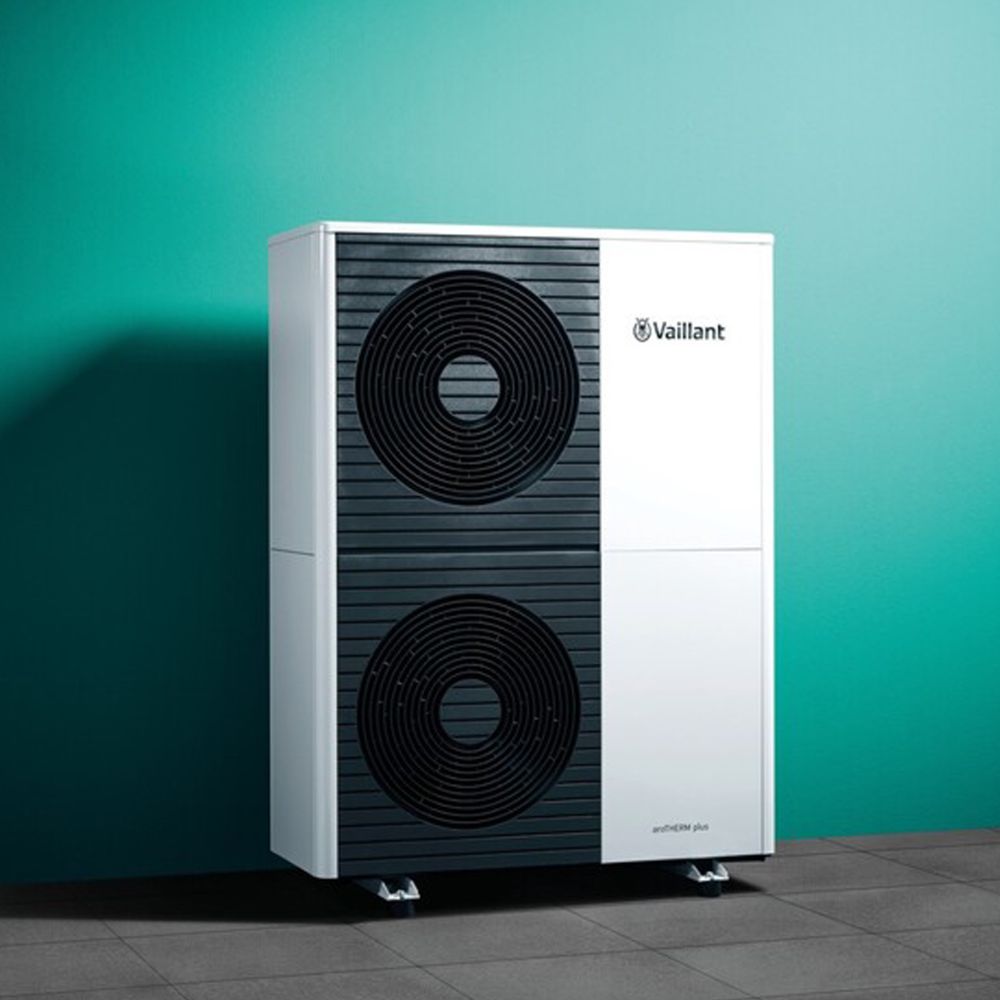

Registered Office Address:
Option Energy Solutions Ltd
9 Penlands Way
Steyning
West Sussex
BN44 3PN
Registered in England
Tel: 01903 814777